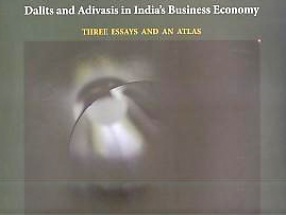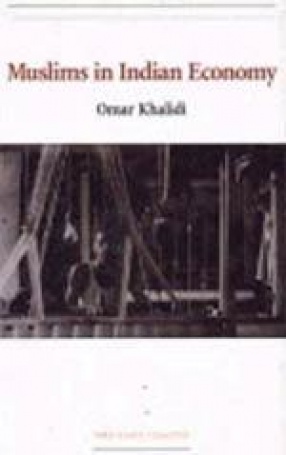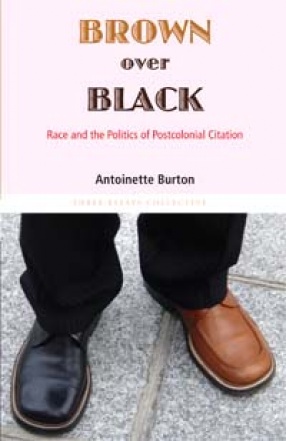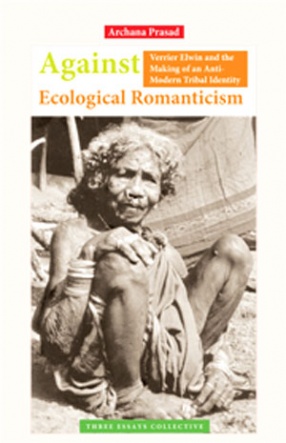
Showing all 5 books


Three Essays and an Atlas Indias founding fathers and neo-liberalisers alike expected economic development to dissolve archaic forms of exchange, but the modern Indian economy remains embedded in caste relations. At the base of the caste hierarchy are formerly untouchable and tribal workers. But a growing minority of dalits and adivasis have been incorporated into the Indian economy not as workers but as owners of firms. The Atlas shows the striking and ...

Recent attention to the urgency of economic and political cooperation between the Indian government and African states often termed south-south globalization suggests that the time has come for more critical histories of “Afro-Asian solidarity” than are presently available. That term, which gained currency at the famous meeting of over two dozen Third World representatives in Bandung, Indonesia, in 1955, refers to the story of affinities and exchanges ...

Drawing on over 20 years of field-level research in rural Uttar Pradesh, these essays challenge Hindutva myths about Muslims in India. Communalist discourses often portray Muslims as 'backward' because of Purdah, polygamy, illiteracy, high fertility and low women's status. The authors highlight the falsity and perniciousness of such negative stereotypes. Pointing to the danger of reifying and rigidifying these contrasts between Hindus and Muslims, they draw out ...

What is the condition of the Indian Muslims at the dawn of the twenty first century? What is the demographic profile of the community? What is the percentage of its population in agriculture, industry and the tertiary sector? How do Muslims fare at the national level? Does the Muslim economic condition differ from state to state, given the regional imbalances in the country resulting from unequal development? How does Muslim economic condition in the early twenty ...

The three essays in this book develop a systematic critique of the romanticized notions of tribal life, identity and ecology that informs so much of today's scholarship as well as the popular perceptions and everyday commonsense relating to these themes. The author has examined genesis of certain visions found in the work of Verrier Elwin, the grand old man of Indian anthropology and tribal policy, and has shown how it links up with the contemporary realities ...
